
by Gideon Marcus
Boys Only Club?
A very curious phenomenon has taken place over the last several years. When I started writing the Journey, women were a rising force in professional science fiction. In 1959, three of the six "Best New Authors" were women (Rosel George Brown, Kit Reed, and Pauline Ashwell – all Journey favorites). About 10% of the stories (and 25% of what was worth reading) was produced by women. Both Amazing and Fantastic, two of the main science fiction monthly digests, were helmed by Cele Goldsmith.
Then…something happened. Over the last few years, the appearances of women in magazines has dwindled to a trickle. There are fewer appearing in novels, too (and since women tended to produce short fiction more often than long form, this change was particularly noticeable). As of this month, no single title across all of the published magazines was done under a sole female byline. Five of the last 45 novels this year were written by four women – two were by Andre Norton, who writes under a masculine byline.
Cele Goldsmith became Cele Lalli and left her editor position. This was probably not a result of her getting married but rather due to a change in her two magazines to a reprints-mostly format.
Though the loss of women in SF has not always hurt the quality of fiction produced, (indeed, this was one of the better months in a long time), I've no doubt that this development is bad for the genre in the long run. The fewer perspectives, the less diversity of viewpoints, the more our stories are going to fall into ruts. A wider pool of authors also creates better work as more talented folks get a chance to rise to the top. I don't know why the genre has become bereft of one half of the population, but I hope the situation changes soon.
Still Plugging Along
As I said, this month was, despite the alarming paucity of women SF contributors, surprisingly and refreshingly good. This month's Analog, so often a turgid relic, was a pleasant read from back to front. Let's take a look inside:
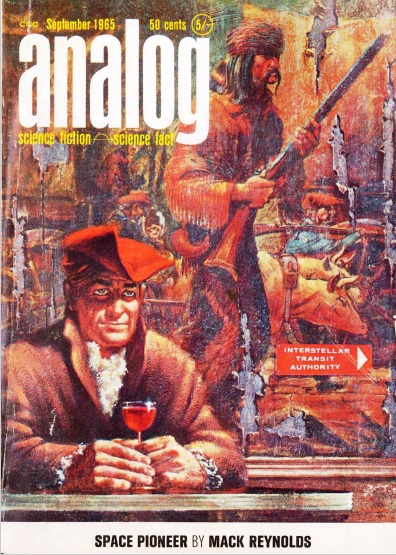
by Kelly Freas
Space Pioneer (Part 1 of 3), by Mack Reynolds
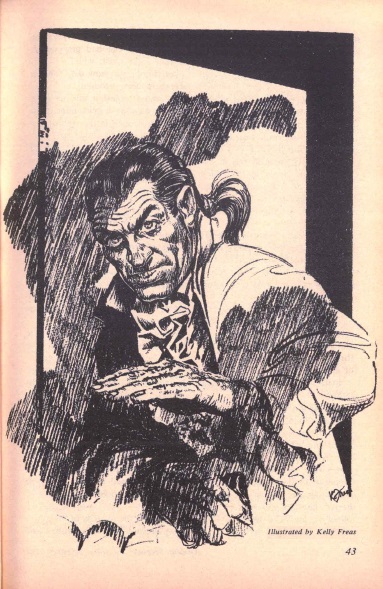
by Kelly Freas
A nameless fellow wangles passage on the s/s Titov, a future-day Mayflower carrying 2000 colonists to New Arizona. His goal is not exploring a new world, however – it's the assassination of the last of the Peshkopi clan. the would-be killer having gotten a tip that Peshkopi was slated to make the interstellar jaunt on the old freighter.
Inadvertently taking on the role of Roger Bock, holder of one of the mission's ten financial shares, the assassin quickly finds himself embroiled in a growing conflict between the mistreated passengers, little more than chattel in the holds, and the comparatively pampered crew and shareholders. By the end of Part One, the identity of the Peshkopi is yet unknown to "Bock", but it is strongly implicated that it is actually Cathy Bergman, the elected representative of the colonists. Of course, by the end of the serial's installment, Bock has much bigger things to worry about than his initial mission…
Pioneer is typically competent Reynolds stuff, even though the milieu is more Leinsterian. If I have any complaint, it's that the science fiction trappings are virtually nonexistent. This could be a story set in the 18th Century.
That said, I do enjoy the rather unflattering portrayal of colonist (and presumably planetary) exploitation, and the inclusion of developed female characters is nice. Reynolds is usually good about that.
Four stars thus far.
The Life of Your Time, by Michael Karageorge
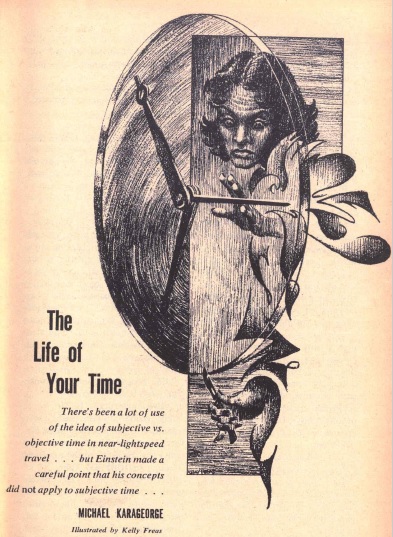
by Kelly Freas
On sublight but relativistic trip to Tau Ceti, the starship Emissary makes a shocking discovery: while time dilation affects the crew, slowing down the passage of time for their physical bodies and for the ship's systems, their minds remain at the speed of their original reference point – Earth. Thus, to them, their bodies increasingly become prisons as their minds experience minutes, ultimately hours, for every second their bodies sense. It's a story of tragedy, discovery, and triumph.
And a very unusual one for Analog. It reminds me a bit of Niven's Wrong Way Street, featuring a gender-balanced and ethnically mixed crew (though they are all explicitly and deliberately Americans). I don't know who Michael Karageorge is, but he definitely hit a triple on his first outing (and I dug the brand new concept of the hydrogen ramscoop ship).
Four stars.
LUT the Giant Mover, by Lyle R. Hamilton

The nonfiction article is both interesting and disappointing. You can't fault the subject matter, which is the new launch facilities at Cape Kennedy. But like most articles in Analog, it suffers for lack of subheadings and a coherent narrative.
So, three stars. At least it's not about dowsing!
Computers Don't Argue, by Gordon R. Dickson
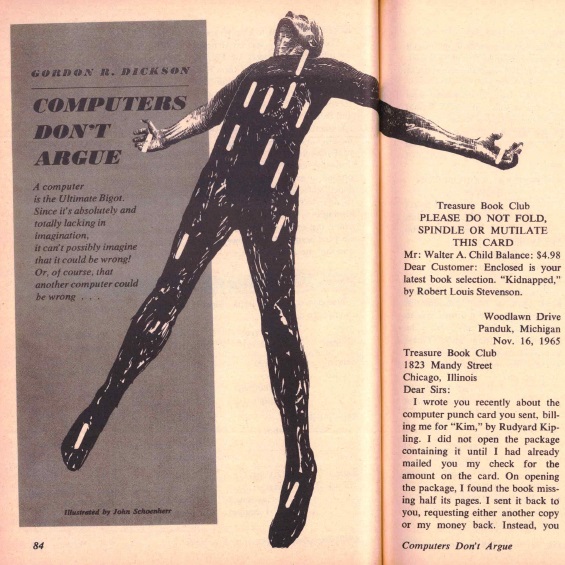
by John Schoenherr
Here is a dark cautionary tale about relying too heavily on computers, in which a fellow is sent a reader's club book by mistake, and is ultimately arrested and executed when he refuses to pay for it.
I get what they're trying to say, but the story takes place next year and while there is merit to avoiding overreliance on automated systems, there are just too many places where human involvement in the system would have broken the digital positive feedback loop. I hope. On the other hand, who knows?
A low three stars.
Test in Orbit, by Ben Bova
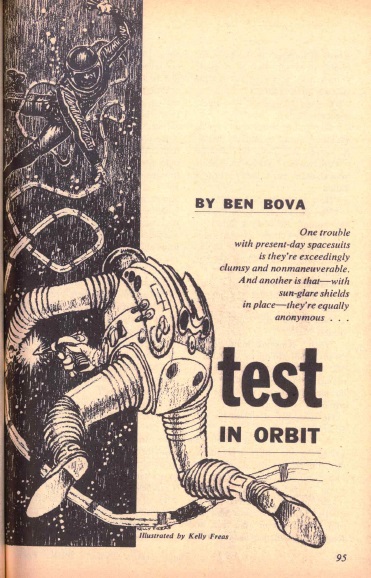
by Kelly Freas
Better is this story of a near-future conflict in space: Chet Kinsman, a USAF Captain with a week left to his hitch, is tasked to fly into space on an X-20 derivative and inspect an unknown satellite suspected of being an orbital bomb. A mortal combat ensues.
I enjoyed all of this piece except the ending, which was both a little maudlin and should have had some falling action after the reveal. Still, I think Ben Bova is a promising author, and I look forward to more of his stuff.
Three stars.
Psi for Sale, by Walter Bupp

by Kelly Freas
We've seen a lot of installments in the story of "Lefty" Walter Bupp, a telekinetic doctor with the grammar of a mook. This time, John Berryman (the author's real name) offers us a look at Bupp's prehistory as well as the early history of the organization created for the benefit of American psychics.
I like the series, and this one was probably my favorite installment. Perhaps a little superfluous, but still welcome (and it was neat to see a piece from the perspective of Maragon, the "Grand Master" of the "Lodge").
4 stars.
Say It with Flowers, by Winston P. Sanders
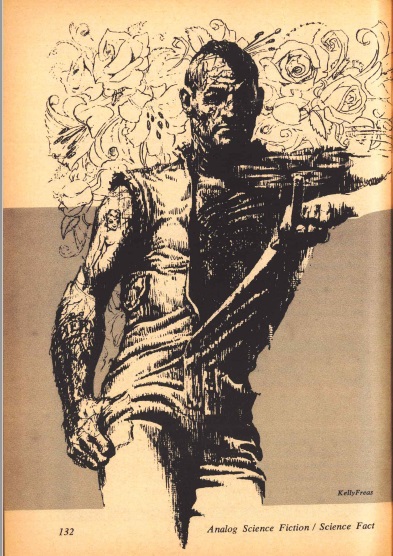
by Kelly Freas
Last up, we get another piece set in a future history in which the asteroid belt has won independence from the Earth. Written under Poul Anderson's throwaway pen name, these are usually dry, technical stories of lesser appeal.
This time, we get a fairly compelling tale about a Lieutenant in the "asterix" space service who is apprehended by North American forces on a courier mission. It turns out that the message he is transmitting is carried on his person in an unique (but utterly telegraphed and unsurprising) way.
I liked the piece fine enough, though this line irked:
"The revolutionaries were so short of manpower that quite a few women held high rank."
An omission of that line would have gone a long way. I don't need the suggestion that women are only able to succeed when there ain't enough men to do the work – especially when it's obvious that women can do the work.
Anyway, three stars.
Y marks the spot

Note, for the first time, the lack of women in the Journey round-up image – this one is of an IBM demonstration in Ethiopia.
Distressing lack of women authors aside, this was a good month for science fiction in magazines. Analog clocked in at a respectable 3.5 stars, ahead of Fantasy and Science Fiction (3.2, largely thanks to its opening novella) and IF (2.9, dragged down by the Doc Smith serial).
Finishing roughly equivalent were Fantastic (3.5), New Worlds (3.5), and Science Fantasy (3.4). If we include New Writings in SF #5 (3.5), which is a quarterly in book form but feels like a magazine, that makes the numbers even better.
So a mixed pleasure this month. Let's hope this trend of female non-production reverses itself soon and results in even better times to come!

![[August 26, 1965] Stag Party (September 1965 <i>Analog</i>)](https://galacticjourney.org/wp-content/uploads/2020/08/650828cover-396x372.jpg)

![[July 18, 1965] The Prodigal Returneth (September 1965 <i>Worlds of Tomorrow</i>)](https://galacticjourney.org/wp-content/uploads/2020/07/Worlds_of_Tomorrow_v03n03_1965-09_0000-2-672x293.jpg)

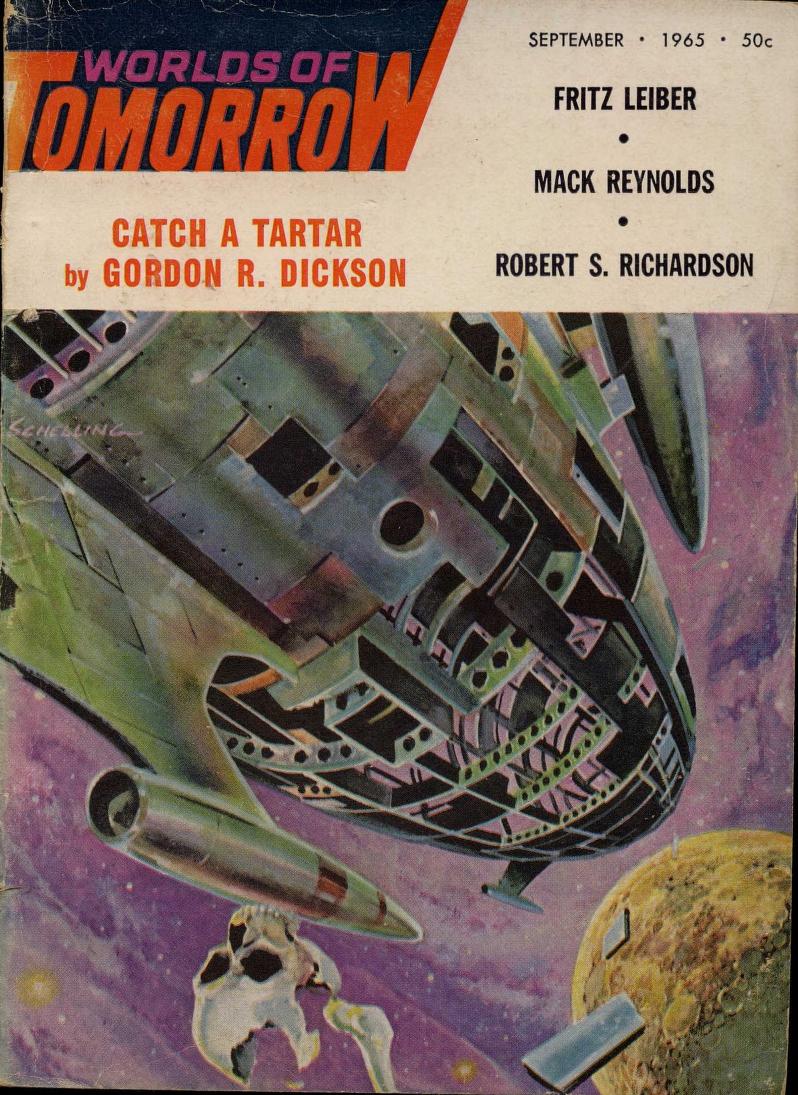
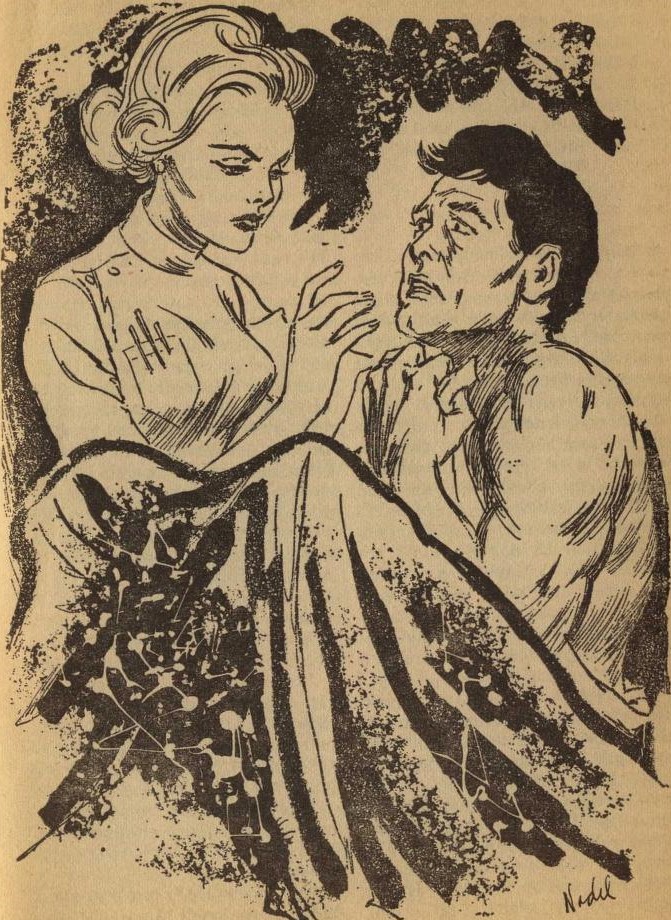
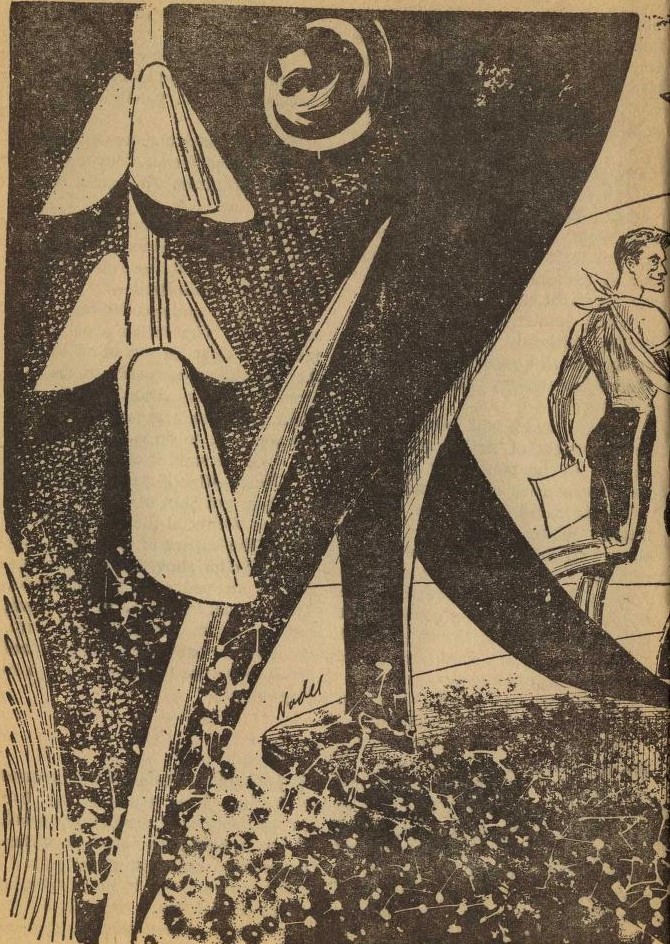
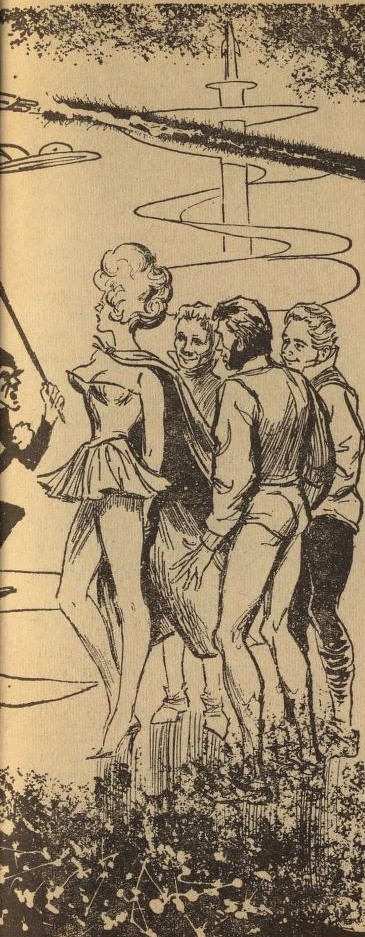
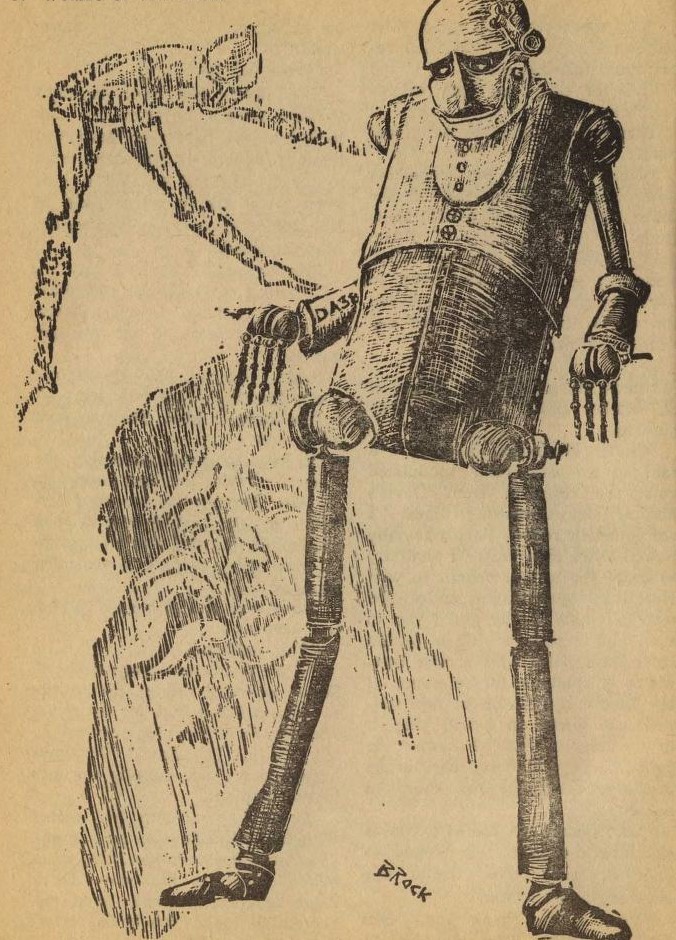
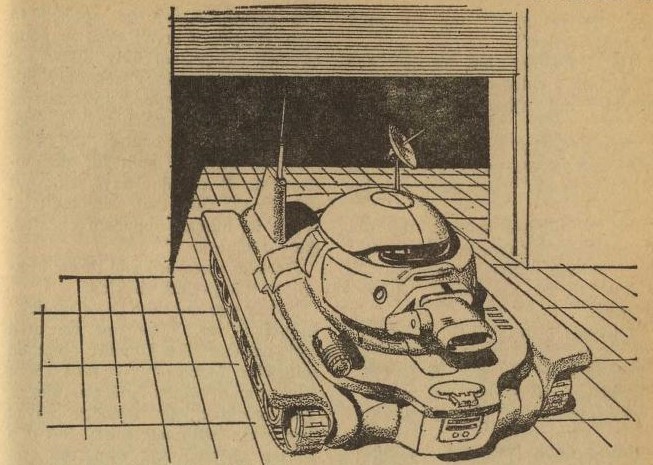

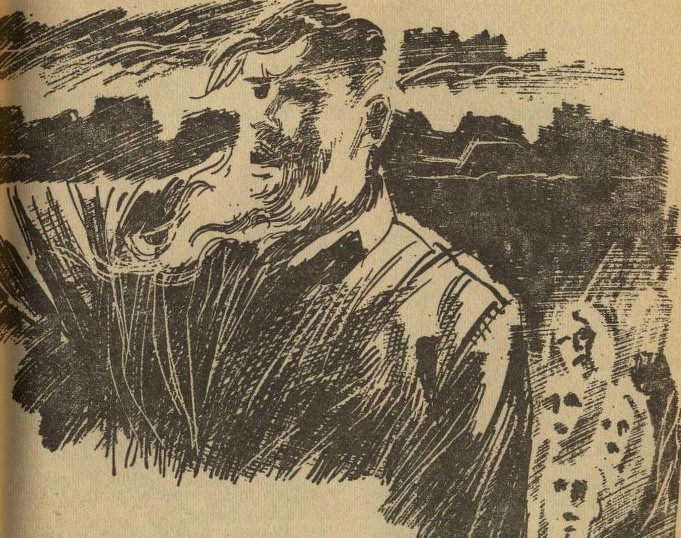
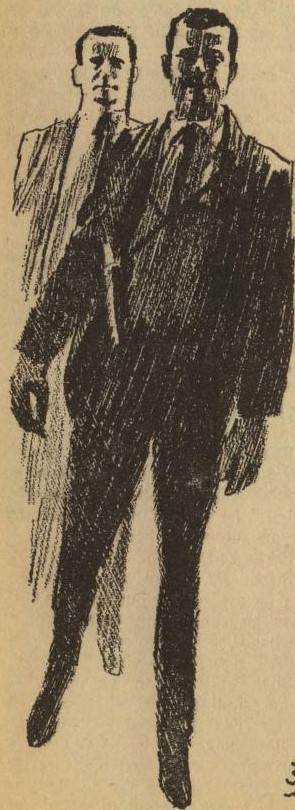


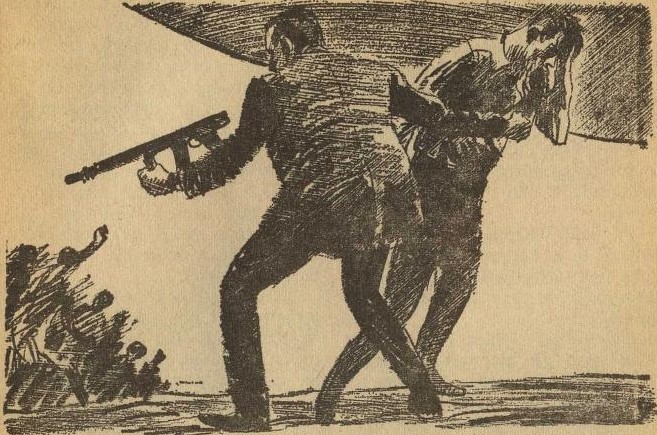
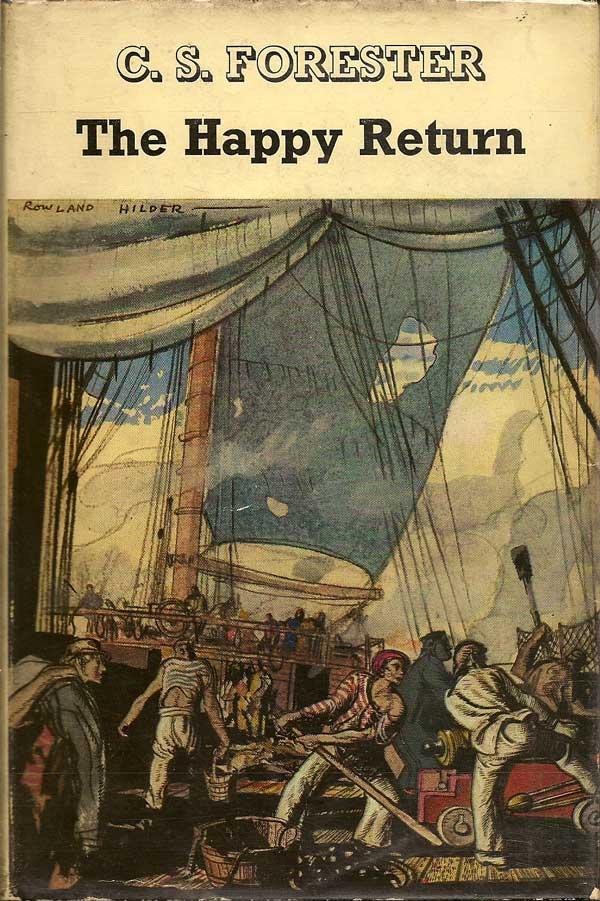
![[July 16, 1965] To Fresh Woods (August 1965 <i>Fantasy and Science Fiction</i>)](https://galacticjourney.org/wp-content/uploads/2020/07/650716cover-672x372.jpg)



![[June 30, 1965] Every Day has its Dog (July 1965 <i>Analog</i>)](https://galacticjourney.org/wp-content/uploads/2020/06/650630cover-672x372.jpg)





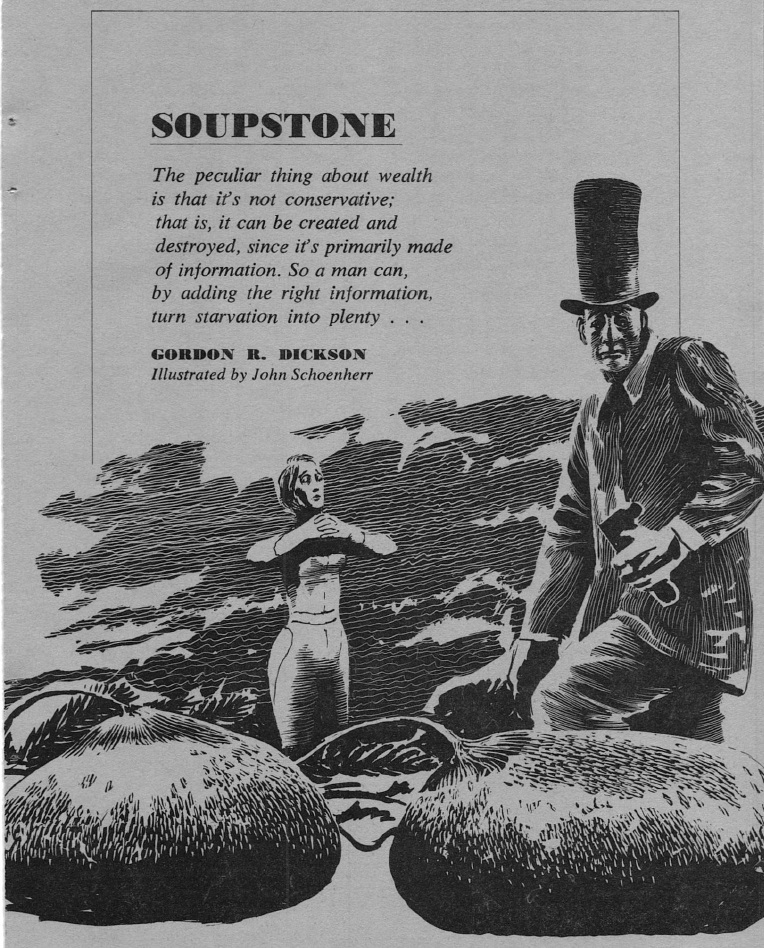




![[March 8, 1965] An Alien Perspective (April 1965 <i>Galaxy</i>)](https://galacticjourney.org/wp-content/uploads/2020/03/650308cover-435x372.jpg)








![[November 21, 1964] Bridging the Gap (December 1964 <i>Fantastic</i>)](https://galacticjourney.org/wp-content/uploads/2019/11/Fantastic_v13n12_1964-12_0000-2-672x304.jpg)


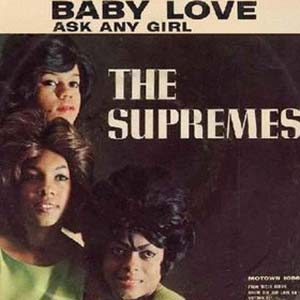










![[September 8, 1964] It's War! (The October 1964 <i>Galaxy</i> and the 1964 Hugos)](https://galacticjourney.org/wp-content/uploads/2019/09/640908cover-672x372.jpg)
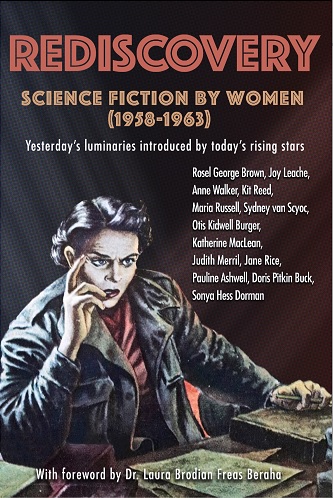








![[June 2, 1964] June Gloom (June 1964 <i>Analog</i>)](https://galacticjourney.org/wp-content/uploads/2019/06/640602cover-672x372.jpg)

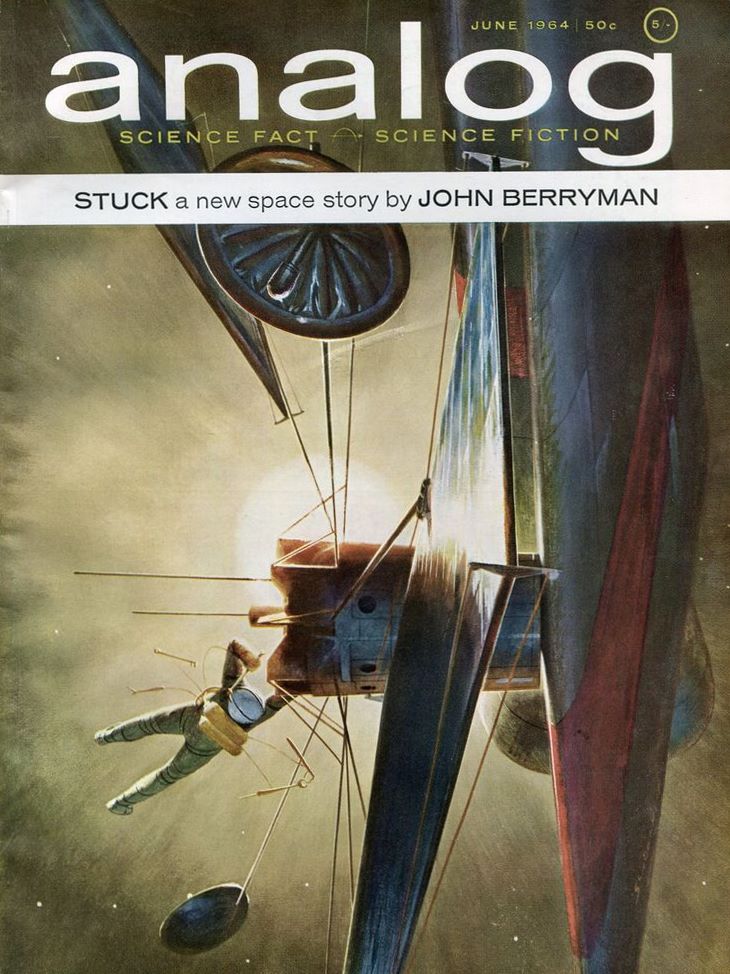

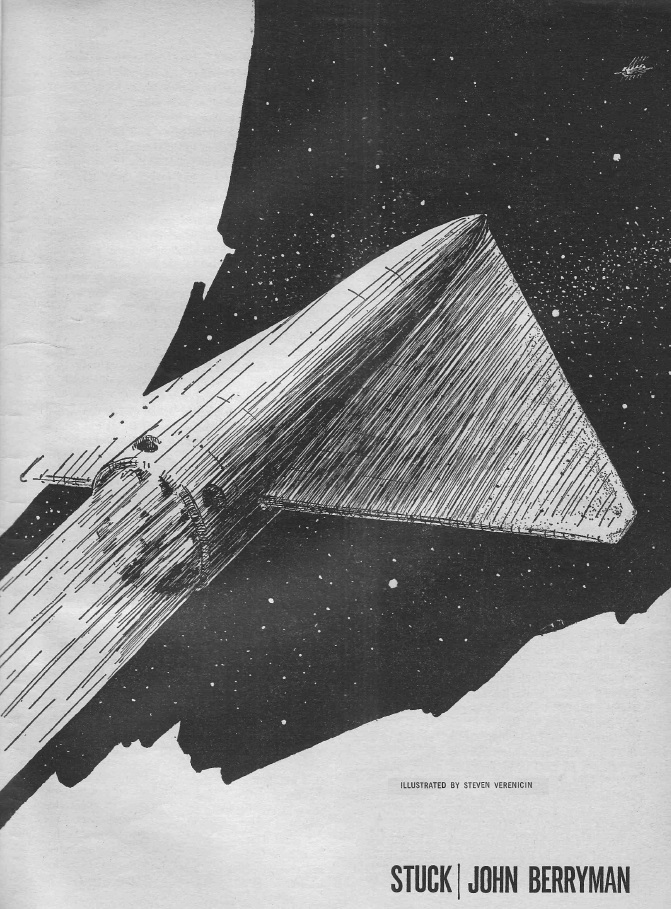
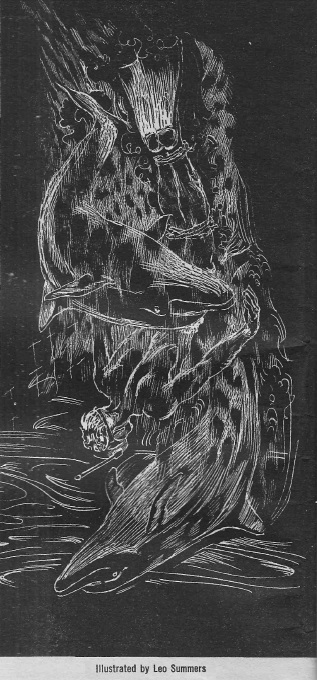
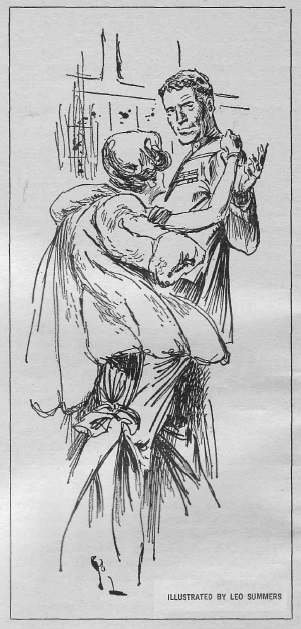
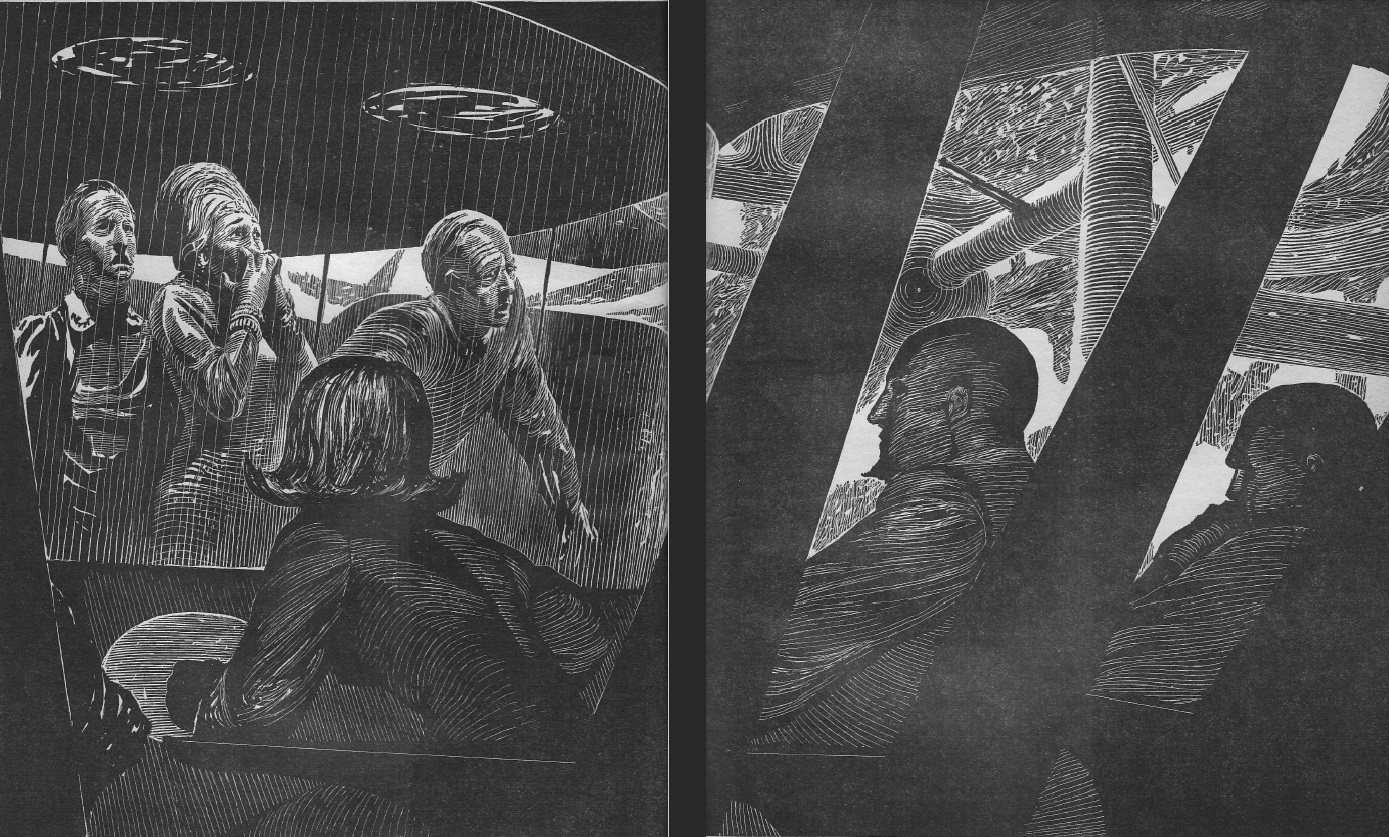
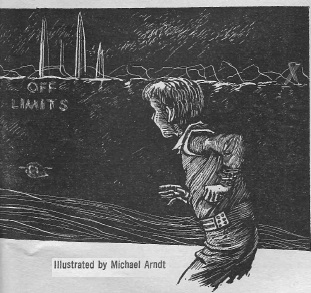
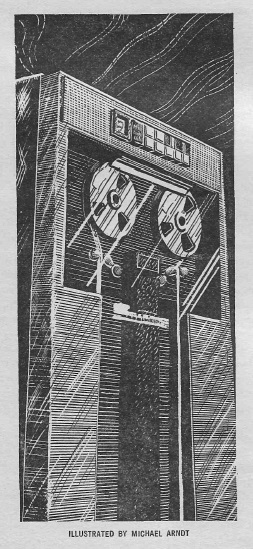

![[May 8, 1964] Rough Patch (June 1964 <i>Galaxy</i>)](https://galacticjourney.org/wp-content/uploads/2019/05/640508cover-672x372.jpg)

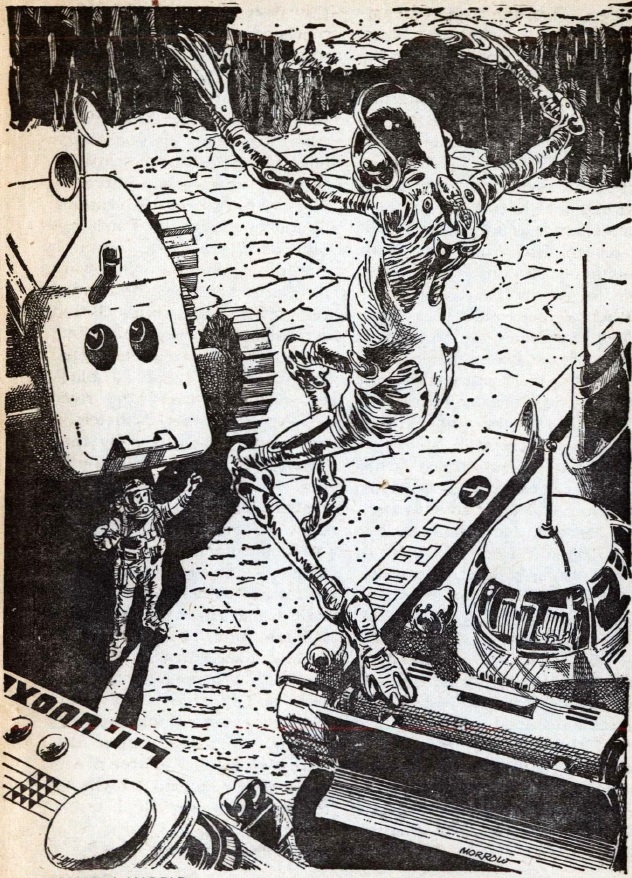

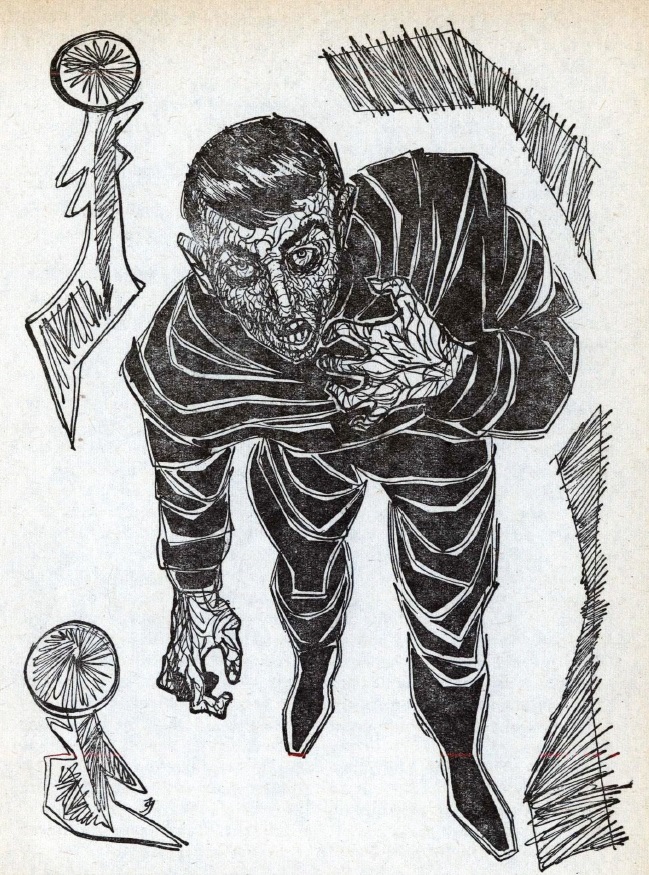

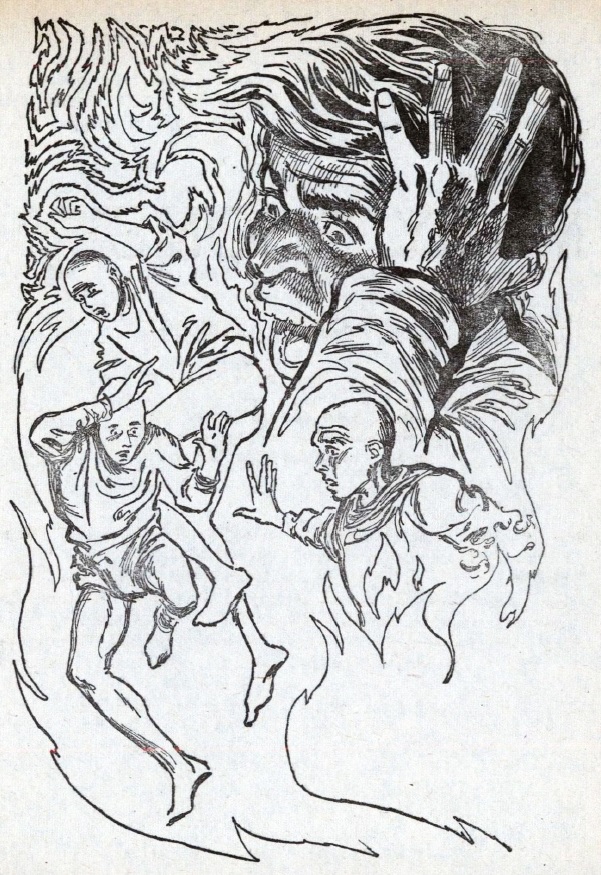

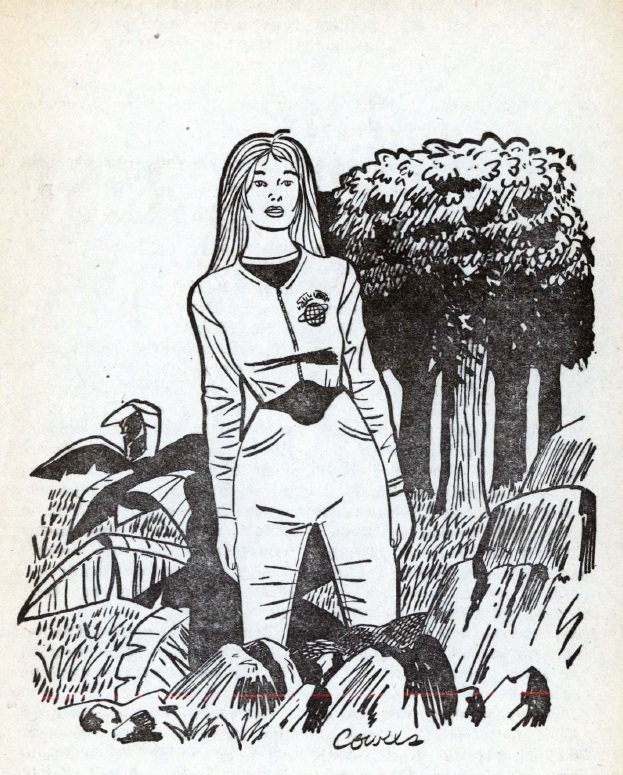
![[April 20, 1964] Play Ball! (June 1964 <i>Worlds of Tomorrow</i>)](https://galacticjourney.org/wp-content/uploads/2019/04/640420cover-672x372.jpg)






